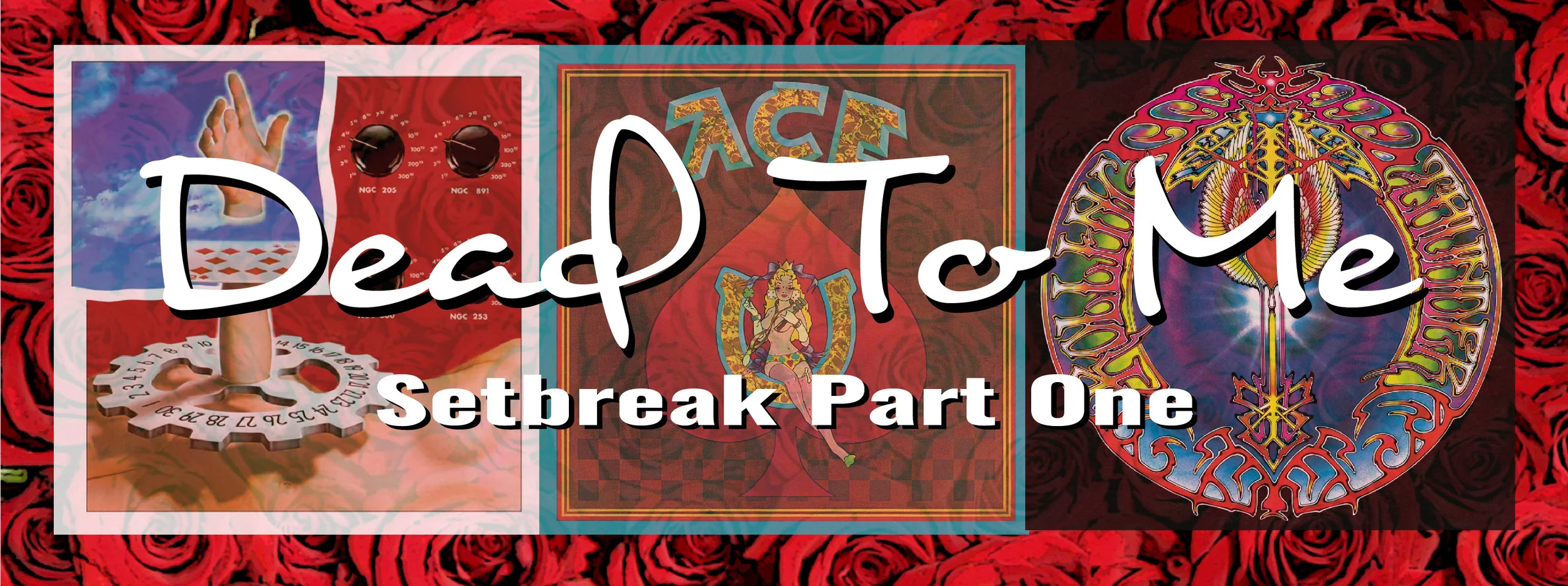If we spell out what the Grateful Dead actually wanted to call their 1971 live album, we’d end up in Facebook jail, so let’s just refer to it as Skull & Roses. A funky little nugget by any name, it’s a snapshot of a band with evolving aspirations and an expanding songbook. We also dig out our passports for Europe ‘72—a release that deserves every ounce of hyperbole it gets (and there’s plenty of it to go around in this episode). In addition to highlighting some of our favorite songs from a record with no shortage of sensational performances, we investigate eternal mysteries such as how the Dead got their beleaguered label to send forty-three freaks and their equipment on a musical field trip across the Atlantic. We also celebrate the late, great Robert Hunter, whose contributions to the Dead are a big reason this show even exists. No Boomer jokes, but we do have Mailbag! And don’t fret: we’ll return with regularly scheduled episodes shortly.
For this special set break episode, Jonathan Hart of Brokedown Podcast pops by to talk about three Dead-adjacent albums that helped shape the band’s creative evolution. Originally conceived as solo efforts, Jerry Garcia’s Garcia, Bob Weir’s Ace, and Mickey Hart’s Rolling Thunder each brought something special to the Deadiverse, including songs that would become staples of live sets for years to come. Jerry’s album gave us “Deal,” “Bird Song,” “Sugaree,” “Loser,” “To Lay Me Down,” and “The Wheel.” Ace delivered “Greatest Story Ever Told,” “Black-Throated Wind,” “Looks Like Rain,” “Mexicali Blues,” “One More Saturday Night,” “Cassidy,” and the ultimate jam warhorse, “Playing in the Band.” And speaking of “Playing,” Mickey’s Rolling Thunder also features an embryonic version of the tune, then known as “The Main Ten.” So why did the band choose to reveal studio versions of these classic numbers on non-Dead releases? Jonathan and Casey talk about the possible reasons while offering insights on several key cuts. It’s an Osiris Network crossover for the ages!


